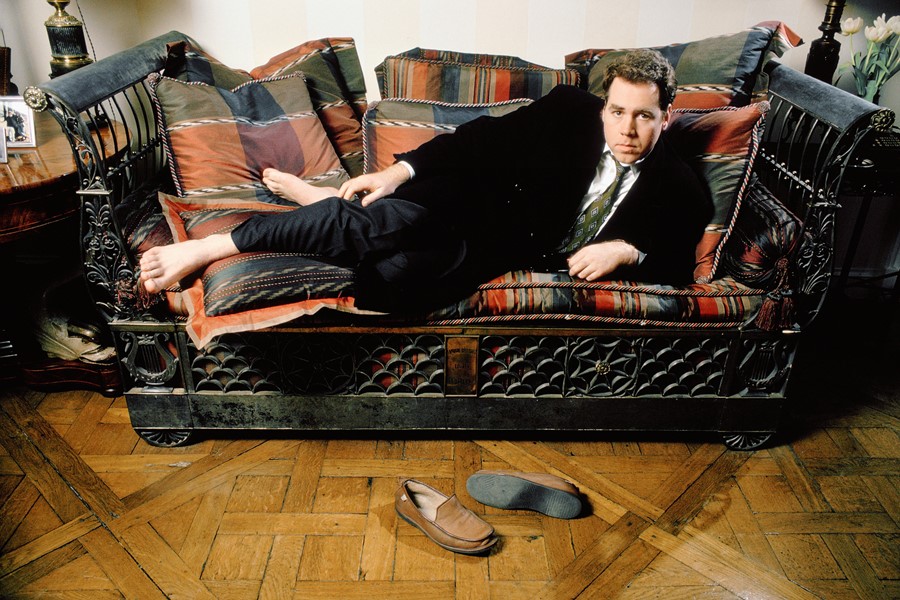The Shards follows a twisted serial killer stalking wealthy teenagers in 80s Los Angeles. Expect sex, drugs, violence, and synth-pop
HBO is producing a TV adaptation of The Shards, a 2023 Bret Easton Ellis novel which was also released as a podcast. Ellis himself will be writing and executive producing the series, alongside Nick Young (The White Lotus, Looking, We Are Who We Are) and Brian Young (Vox Lux).
The Shards is a curious blend of autobiography, classic noir and horror fiction. The protagonist is a rich, bisexual 17-year-old called Bret Easton Ellis, who is writing a book called Less Than Zero, and it takes place in 1980s Los Angeles, at a prestigious prep school which the author actually attended. The novel’s teenage characters take drugs, have sex, listen to New Wave records and drift around in a haze of privilege – so far, this is firmly in the spirit of Ellis’s earlier novels like Less Than Zero and The Rules of Attraction. But truth and fiction blend together when a gruesome – and entirely fictitious – serial killer begins stalking Bret and his friends. If this wasn’t enough, there’s also a Manson family-esque cult lurking in the background, mutiliating animals and terrorising the elites of LA.
It’s not the first time Ellis has enaged in this kind of post-modern trickery. His 2004 novel Lunar Park starts out as a seemingly straightforward memoir before descending into a delirious and somewhat deranged, Stephen King-esque horror novel. The semi-fictional Ellis is haunted by a possessed Furby (which, honestly, is scarier than it sounds), and a serial killer who is either a copycat modelling himself on Patrick Bateman or the vengeful spirit of Bateman himself.
The Shards is Ellis’s first novel in 13 years, and the response has mostly been positive, with critics praising it as “queasily gripping, strikingly heartfelt”, “glossy and grotesque” and “ingenious, gleefully self-aware.” That said, the acclaim was hardly unanimous: one reviewer derided it as “puerile, prurient and pretentious”. Whether this new adaptation will connect with a generation who weren't even alive at the height of Ellis’s career remains to be seen. He occupies a strange place in contemporary culture. On the one hand, his reputation has taken a hit in the last five years, when he became notorious for railing against wokeness; ‘reverse racism’; the Me Too movement, and the way that liberals ‘over-reacted’ to Trump's racism. His last book – a collection of essays called White – addressed some of these themes, and was for the most part received poorly, even among the ideologically sympathetic.
But on the other hand, the cultural climate is favourable for a new Ellis adaptation. Precisely because of his reactionary turn, he’s been taken up as an elder statesman by a new generation of Red Scare-listening, anti-idpol edgelords – he’s like the Morrissey of literature, loved and hated for the same reason. At the same time, his influence is everywhere. Patrick Bateman remains a cultural fixture across social media and beyond. Euphoria, as a show about self-possessed, hedonistic and often disaffected teenagers in Los Angeles, is clearly indebted to Ellis’s earlier work. In a lot of ways, the zeitgeist is on his side. I have mixed feelings about Ellis, both as a writer and a person, but he is often brilliant at creating a sense of paranoia, anxiety, dread, and dissolution – hopefully, HBO’s adaptation will capture those qualities.




